When Apple dropped macOS Sequoia final month, it added new options like window snapping and the flexibility to management your iPhone out of your Mac. Along with surface-level modifications, nevertheless, the brand new replace additionally launched a prolonged collection of patches for safety vulnerabilities. Because it occurs, one in every of these vulnerabilities was found by none apart from Microsoft, and is kind of regarding for Macs used inside organizations.
How Safari’s TCC flaw works
Microsoft described its findings in a weblog submit on Oct. 17, nearly one month after the Sept. 16 launch of macOS Sequoia. The corporate calls the flaw “HM Surf,” named after the teachable transfer within the Pokémon collection, which they found permits unhealthy actors to bypass Apple’s Transparency, Consent, and Management platform for Safari. TCC usually ensures that apps with out correct permission can not entry companies like your location, digicam, or microphone. It is important for preserving your privateness from apps that may in any other case wish to abuse it.
Nevertheless, Apple offers a few of its personal apps entitlements that permit them to bypass these TCC roadblocks. It is Apple’s app, in spite of everything, so the corporate is aware of it is not malicious. In Safari’s case, Microsoft discovered the app has entry to your Mac’s tackle e-book, digicam, and microphone, amongst different companies, while not having to undergo TCC checks first.
All that mentioned, you continue to encounter TCC checks whereas utilizing Safari throughout web sites: That is what occurs once you load a web page, and a pop-up asks should you’ll permit the location entry to one thing like your digicam. These TCC settings per web site are saved to a listing in your Mac below ~/Library/Safari.
That is the place the exploit is available in: Microsoft found you may change this listing to a unique location, which removes the TCC protections. Then, you may modify delicate recordsdata in the actual dwelling listing, then change the listing again, so Safari pulls from the modified recordsdata you set in place. Congratulations: You are now in a position to bypass TCC protections, and take an image with the Mac’s webcam, in addition to entry location data for the machine.
Microsoft says there are a variety of actions unhealthy actors might probably take from this example, together with saving the webcam image someplace they’ll entry it later; document video out of your webcam; stream audio out of your microphone to an out of doors supply; and run Safari in a small window, so you do not discover its exercise. Importantly, third-party browsers should not affected right here, as they need to take care of Apple’s TCC necessities, and don’t have Safari’s entitlements to bypass them.
Whereas Microsoft did discover suspicious exercise in its investigation that may point out this vulnerability has been exploited, it couldn’t say for positive.
This vulnerability solely impacts MDM-managed Macs
After studying Microsoft’s report, ou could be apprehensive concerning the prospect of unhealthy actors snooping in your Mac by way of Safari. Nevertheless, what is not made express right here is that this vulnerability solely impacts MDM-managed Macs, i.e. Macs belonging to organizations managed by a central IT service. That features Macs issued to you out of your job, or a pc belonging to your college.
Apple confirms as a lot in its safety notes for macOS Sequoia, in a relatively temporary entry contemplating the privateness and safety implications:
 Credit score: Apple
Credit score: AppleAfter all, the flaw continues to be critical, however it’s far more restricted. You do not have to fret about Safari in your private Mac permitting hackers to entry your webcam, microphone, and site. However should you do have a Mac issued from work or college that’s MDM-managed, that could be a concern, and you need to set up the replace as quickly as attainable.
Patching the flaw in your MDM-managed Mac
This flaw impacts the next Macs: Mac Studio (2022 and later), iMac (2019 and later), Mac Professional (2019 and later), Mac Mini (2018 and later), MacBook Air (2020 and later), MacBook Professional (2018 and later), and iMac Professional (2017 and later).
It is attainable your group has already issued the replace in your Mac, if it is eligible. Nevertheless, in case your machine is not working macOS Sequoia, examine along with your firm or college’s IT to see when an replace will turn into obtainable.


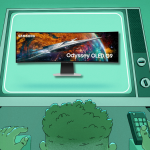



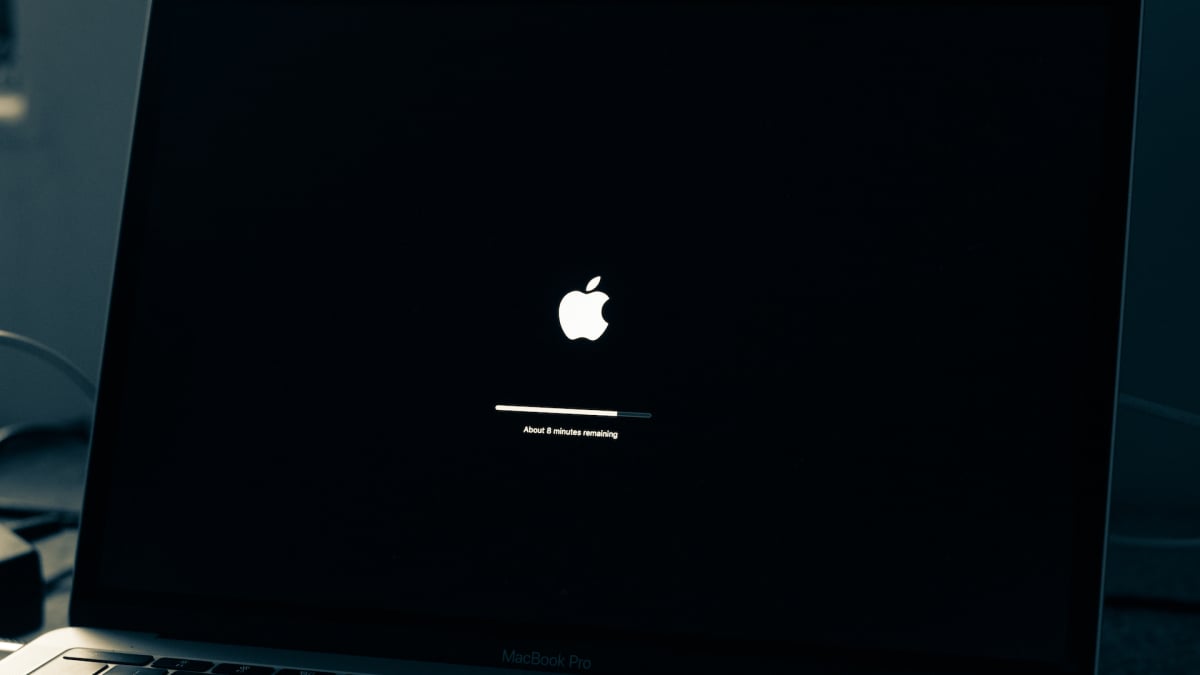

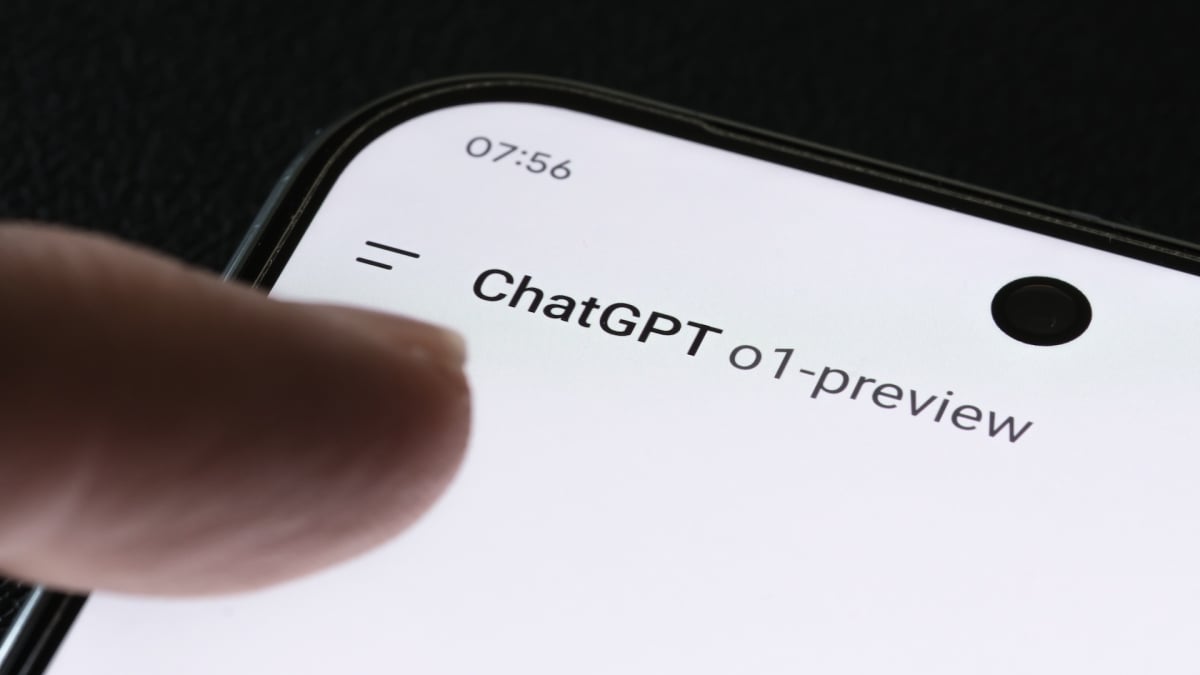
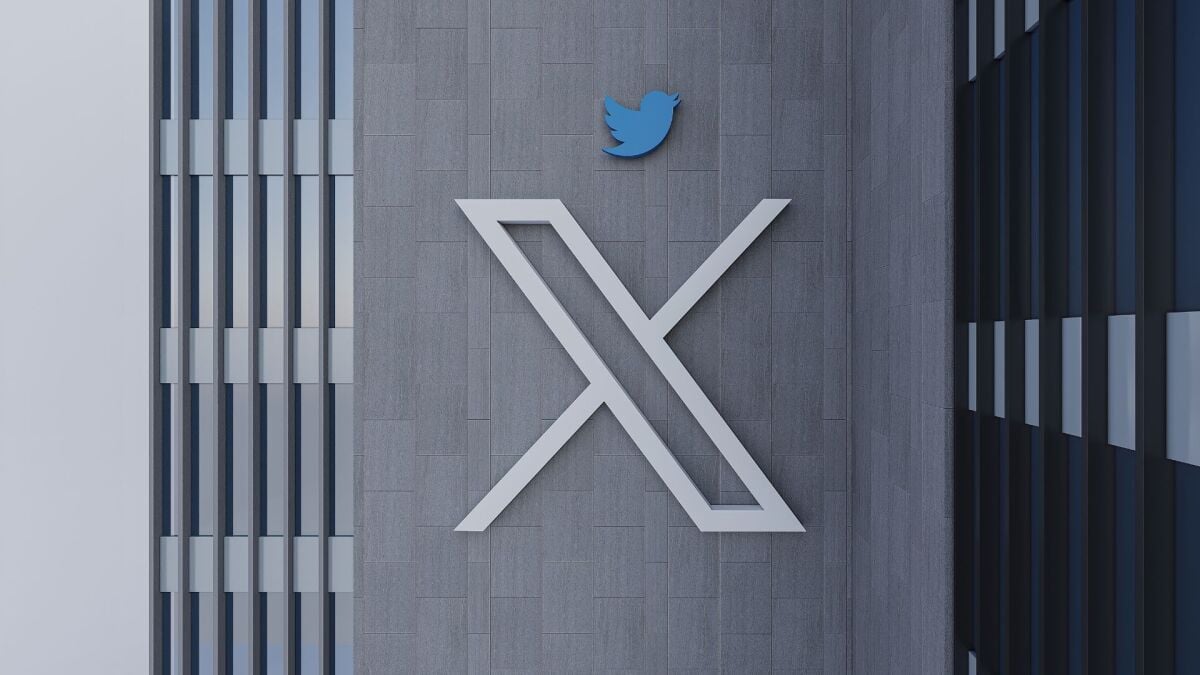
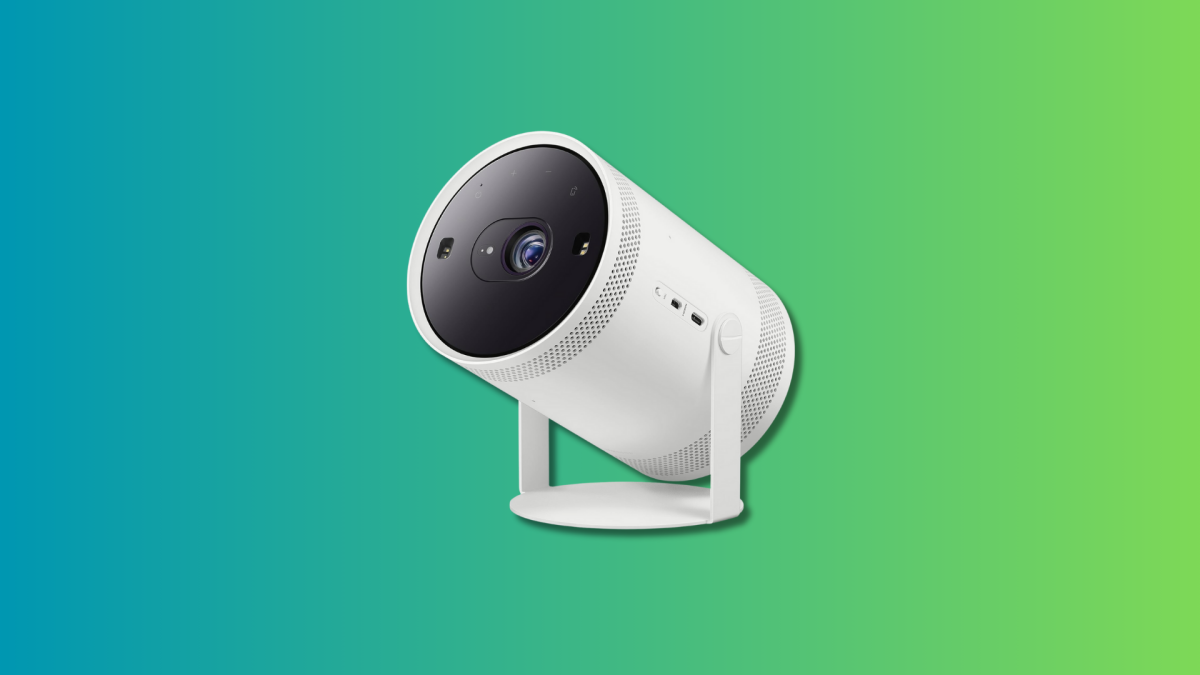
The introduction of new features in macOS Sequoia is intriguing. However, the security vulnerabilities highlighted by Microsoft raise valid concerns for those using MDM-managed Macs. Users should stay informed about updates and best practices.
The balance between innovation and security in technology is always delicate. The findings regarding Safari’s TCC issue emphasize the importance of rigorous testing before deployment, especially for MDM-managed devices in professional settings.
The situation surrounding macOS Sequoia and its security flaws illustrates a significant challenge for Apple. It’s essential that users with organizational Macs are aware of these vulnerabilities and act accordingly by checking for necessary updates.
It’s interesting to see how Apple has made improvements to macOS Sequoia, yet the HM Surf vulnerability is concerning. Organizations need to take proactive measures to ensure their devices are secure from potential threats.
While the new functionalities in macOS Sequoia seem beneficial, the reported TCC flaw must not be overlooked. Users of managed devices should prioritize installing updates promptly to mitigate any risks associated with this vulnerability.